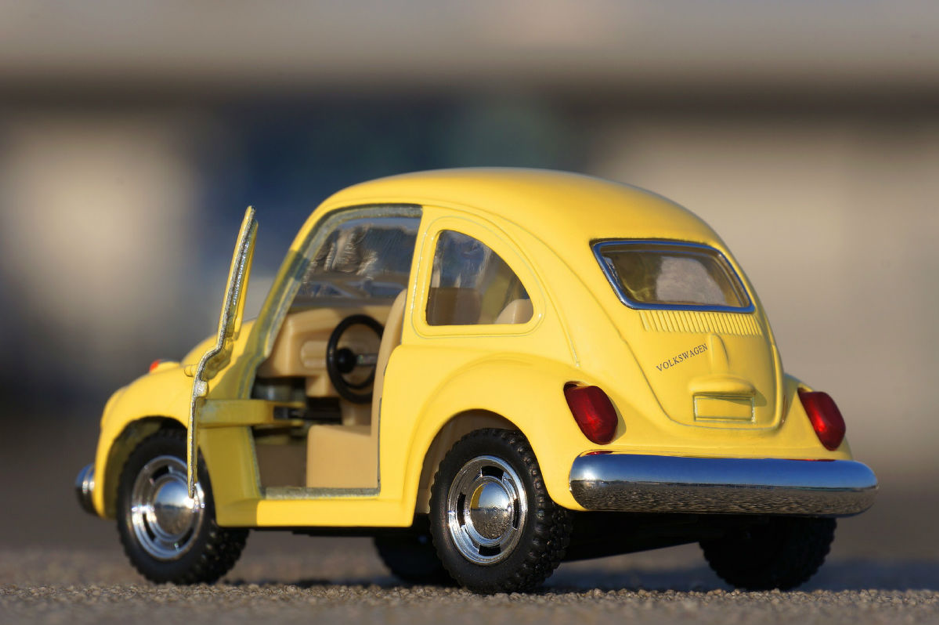MENU
×

 Insurance
Insurance
5 min read
Vehicle tax, commonly referred to as road tax or car tax, is something that we all have to pay if we want to drive our cars - the same way as you have to pay income tax if you have a job.
But what is road tax for? How much does it cost? And how do you get tax for your vehicle if you've just bought a car for the first time?
Although most people call it road tax, technically speaking it's actually vehicle tax as the amount that you pay depends on the car that you drive. Unlike insurance, which uses all sorts of information from engine size to where you live - tax simply depends simply on the CO2 emissions from your car's exhaust.
Vehicles that have little to no CO2 emissions are cheaper to tax than those which emit a lot. Larger and more powerful cars with bigger engines typically emit more CO2 than smaller vehicles.
To find out exactly how much tax you'll pay on your particular car, you can use this handy vehicle tax calculator on the government website.
Many people believe that vehicle tax directly pays for things like road repairs, however this isn't strictly true. Instead, it's all gathered up into one big government pot that pays for virtually everything from education to infrastructure.

The easiest way to tax your car is by doing it online via the nidirect website. You can also tax your car in person at your local Post Office or over the phone by ringing 0300 123 4321.
In each case you'll need information either from:
You will need a copy of the V5C letter or a reminder from the DVA, and you'll also need copies of your insurance certificate and your MOT certificate.
However, if you're buying a brand-new car for the first time, the dealer you buy it from will usually arrange tax for you.
The 'on the road' price of your car will include the cost of the first year's tax and registration fee, while the dealer will usually do the work for you and provide the DVA with proof of your name and address.
You can pay for your tax annually in one big lump sum, or you can choose to split the cost down into either two bi-annual payments or via monthly direct debits to make it more manageable for you.
Read more: The ChilliDrive Ultimate Guide To Buying Your First Car

Technically speaking, no. According to authorities drivers aren't allowed a 'grace period', where you'd be given some time to allow you to drive to the Post Office to purchase your tax for example.
That means that you'll have to get your car taxed either before you buy it, or while you're getting it. If you're buying a vehicle from a dealership, you can ask the staff there to help you tax it - they'll usually be more than happy to give you a hand.
If you fail to tax your car, either because you forgot or you just simply didn't pay it on purpose, you'll be on the receiving end of hefty penalties. If you pay late, you'll be given an £80 fine that's added on to the cost of your tax.
Worse still, if you're caught driving an untaxed car by the police you can face a fine of up to £1,000. If your case it taken to court you can also be fined up to £1,000, plus you'll have to pay legal fees.
Untaxed cars are also at risk of being clamped or towed away by the authorities. If this happens you'll have to pay your tax within 24 hours and a release fee of £100.
The only way to keep a car without tax is if you declare it officially off-road with a Statutory Off-Road Notice (SORN). For example, if you're planning on not using your car for a while and you want to cancel your tax and insurance, you'll have to get a SORN for it or you risk the above penalties.
Read more: What Is A SORN And When Do You Need To SORN Your Car?
Some vehicles like electric cars, certain electric hybrids and classic cars that are more than 40 years old are exempt from vehicle tax.
However, it's important to know that you do still have to register your vehicle with the DVA each year even if you don't have to pay anything!
If you end up selling your car or cancelling your tax because you're declaring your car off-road with a SORN, you're entitled to a refund for any remaining months. So, if your annual tax cost is £120 and you've sold your car after six months, you'll be entitled to get £60 back.
To get a tax refund, all you have to do is notify the DVA that your car has been sold, transferred, exported or scrapped and you'll automatically receive a cheque through the post.
The same thing goes for getting a SORN or if your car becomes exempt from road tax. Refunds usually arrive within four to six weeks.
If you pay you tax via monthly direct debit, the direct debit will simply be cancelled automatically and you won't have to pay any more money towards your tax going forward.
Read more: What To Do If You Accidentally Put Petrol In A Diesel Car
Was this article helpful?
Thanks for your feedback!